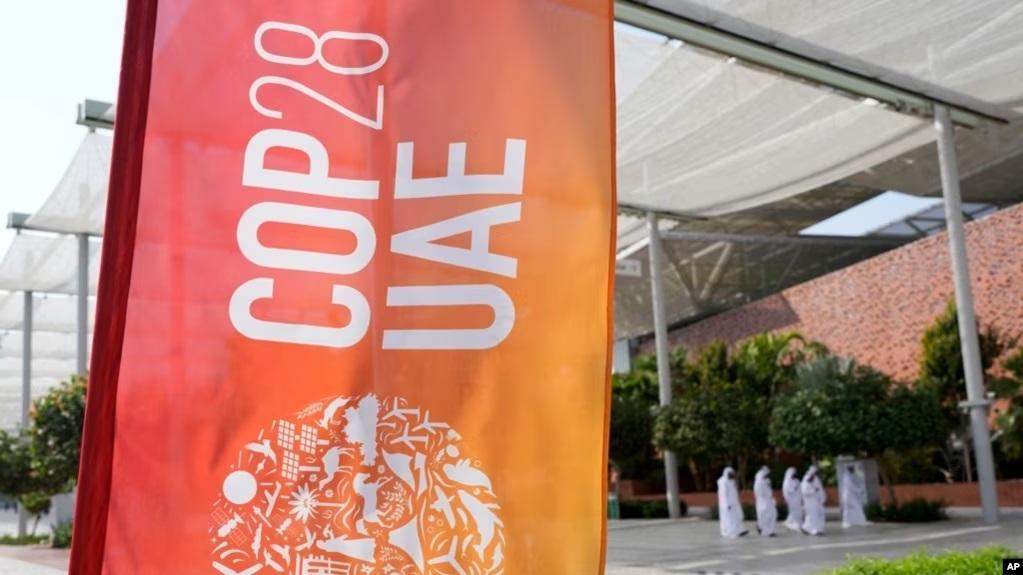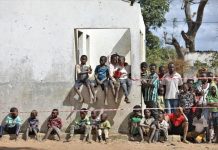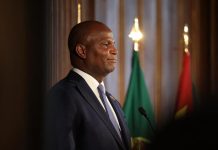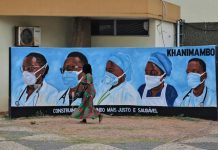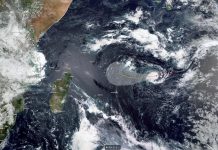Africa-Press – Mozambique. Mozambican environmental associations are criticising “empty speeches” and fruitless summits on climate change, calling for a “complete boycott” of the UN summit (COP28) taking place from Thursday in Dubai, and suggesting an environmental tribunal.
“Years and years of empty speeches at the various COPs, where governments and fossil fuel companies come together to pretend that they are doing something to deal with the climate crisis, while in fact they only promote false solutions that allow them to continue exploiting fossil fuels,” said Anabela Lemos, director of Environmental Justice (JA), in statements to Lusa.
With just two days to go until the start of the United Nations (UN) climate summit (COP28) in Dubai, in the United Arab Emirates, the Mozambican association considers that it has reached “an all-time high” that the event on climate change is being held by a “petro-state” and chaired by an oil tycoon.
Justiça Ambiental has announced that it will join several other movements, associations and climate activists in boycotting COP28, arguing that the debates should take place in legitimate spaces, “where the interests of the communities most affected by the climate crisis set the agenda, and not the big corporations”.
“We cannot in any way contribute to whitewashing or legitimising this space. On the contrary, we are articulating with movements from all over the world to continue working for climate justice in Mozambique and around the world,” said Anabela Lemos.
The national platform of civil society organisations for climate change in Mozambique (PNOSCMC) also expressed concern about the lack of implementation of the commitments signed by governments during previous climate debates, calling for COP28 “not to be just another summit”.
“We’re getting a bit tired of many conferences of the parties that go there, discuss, debate, but then in terms of concrete actions we haven’t seen [anything] on the ground,” Zinérsio Sitoe, head of advocacy and coordination at PNOSCMC, a platform made up of more than 22 Mozambican associations dealing with climate change, told Lusa.
He advocates rapid and urgent responses to climate change, saying that the fulfilment of some commitments is still “quite slow” and that the objectives set out in the various climate agreements, including the Paris Agreement and the Glasgow Climate Pact, are still not being achieved.
Zinérsio Sitoe also called for greater accountability for the most polluting countries, suggesting the creation of an environmental court.
“It’s not enough to talk about climate justice frivolously, it has to be real and effective. This is where the principle of accountability must come together, which means imposing legal consequences on organisations that, through their acts and omissions, cause serious dysfunction in our climate system,” said Bruno Gomes, a Mozambican lawyer and climate activist.
Given Mozambique’s vulnerability, Bruno Gomes suggested that the country discuss the action plan for adapting to climate change at the summit, bearing in mind the “false environmental solutions” presented that in some situations threaten communities.
“The challenge, for example, which incorporates projects or financial incentives to reduce emissions from deforestation and forest degradation is a clear false environmental solution since it threatens local communities by displacing them or restricting their access to and use of the same forests,” said the environmental activist.
Mozambique is considered one of the countries most severely affected by climate change in the world, facing cyclical floods and tropical cyclones during the rainy season, which runs from October to April.
The United Nations has been insisting on the need to immediately adopt “spectacular measures” to prevent further global warming, when the planet is heading towards 2.9oC of warming.
For More News And Analysis About Mozambique Follow Africa-Press

